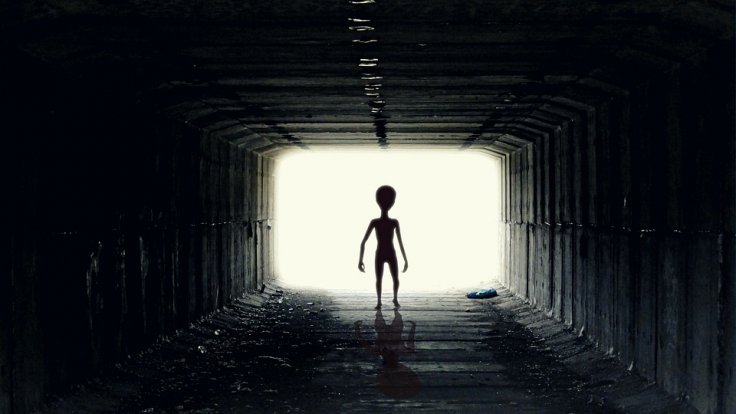
Cathal D. O'Connell, a researcher at the University of Melbourne has revealed that the discovery of alien life will be inevitable and imminent. He mentioned that several discoveries over the past few decades have made the possibilities of alien life more realistic. It is his belief that perfect conditions for life might be duplicated somewhere in this universe.
"Extraterrestrial life, that familiar science-fiction trope, that kitschy fantasy, that CGI nightmare, has become a matter of serious discussion, a "risk factor", a "scenario". Because, following a string of remarkable discoveries over the past two decades, the idea of alien life is not as far-fetched as it used to seem. Discovery now seems inevitable and possibly imminent," wrote O'Connell on the Conversation.
In his write up, O'Connell revealed that astronomers have catalogued thousands of planets orbiting around various stars, and interestingly, many of them have its position in the habitable zone where temperatures are mild enough for liquid water to exist on the surface. O'Connell believes that there could be even an Earth-like planet orbiting around Proxima Centauri, solar system's nearest neighbouring star.
"There's even a potentially Earth-like world orbiting our nearest neighbouring star, Proxima Centauri. At just four light years away, that system might be close enough for us to reach using current technology. With the Breakthrough Starshot project launched by Stephen Hawking in 2016, plans for this are already afoot," added O'Connell.
O'Connell reveals that life is capable of surviving even in environments which may seem harsh for humans. As per the Melbourne University researcher, life can even be found in a lake of sulphuric acid, inside barrels of nuclear waste, in water superheated to 122 degree Celsius, and in the wastelands of Antarctica.
The researcher also added that Mars was once a perfect place to host life. He believes that the methane presence in Martian atmosphere could be the presence of alien life there.
"Today, Mars still has liquid water underground. One gas strongly associated with life on Earth, methane, has already been found in the Martian atmosphere, and at levels that mysteriously rise and fall with the seasons. Martian bugs might turn up as soon as 2021 when the ExoMars rover Rosalind Franklin will hunt for them with a two-meter drill," wrote O'Connell.









